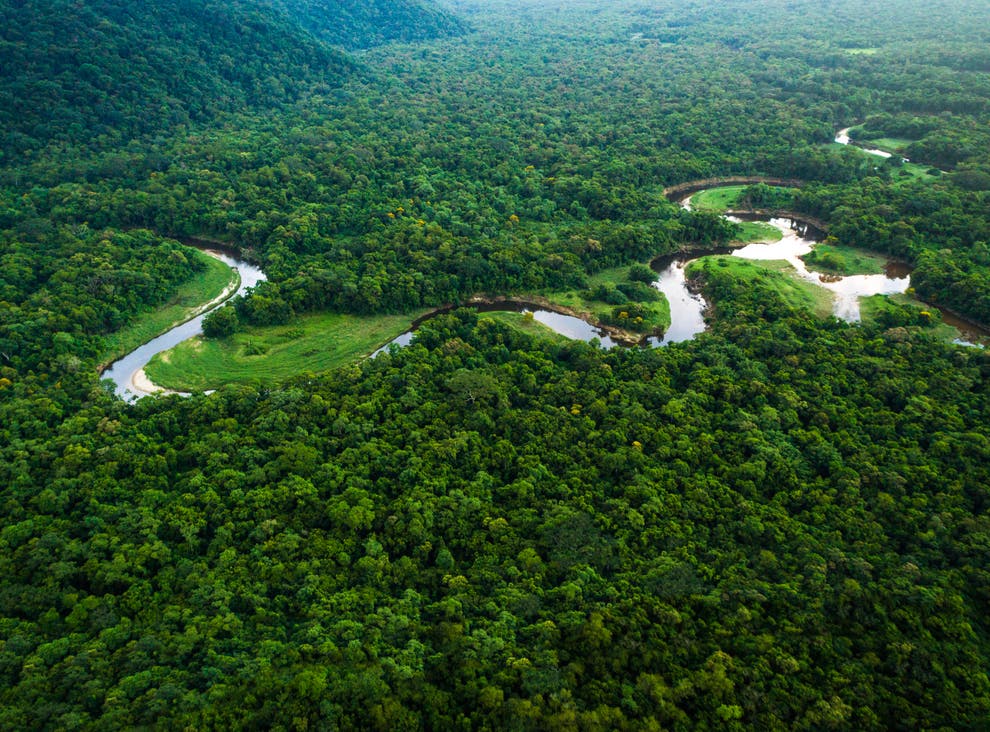A new study has shown that an estimated 9,000 types of trees are yet to be discovered and named and that the world may need to come up with a long list of other climate champions soon.
Recalled that a new tropical tree species discovered in Cameroon was named after actor and climate advocate Leonardo Di Caprio, who had campaigned against rampant deforestation in the African nation.
Trees are one of the world’s biggest and most widespread flora and are a significant part of the planet’s biodiversity. Apart from pulling carbon dioxide out of the air, trees produce breathable oxygen and are home to many insects and birds.
The study, which was published in the Proceedings of the National Academy of Sciences, pooled data from around the world to show that there are roughly 73,000 types of trees on Earth, and some 9,200 are unaccounted for.
Read also: Study finds aquaculture could counter drivers of climate change
The study authors said that almost one-third of the undiscovered tree species are likely to be rare with limited dispersion, making them especially vulnerable to climate change.
In South America, where over 40% of the undiscovered tree species are believed to live, the study found that the climate has been historically stable, meaning the flora hasn’t evolved to adapt to sudden changes.
A co-author on the study and the Director of the Institute for Global Change Biology at the University of Michigan, Peter Reich said that this study is about knowing what we’ve got before it’s gone.
“We know that we’re losing trees to deforestation and climate change — species are going extinct. And that’s important,” Reich said.
“But actually, knowing what you have before you lose it is important.”
